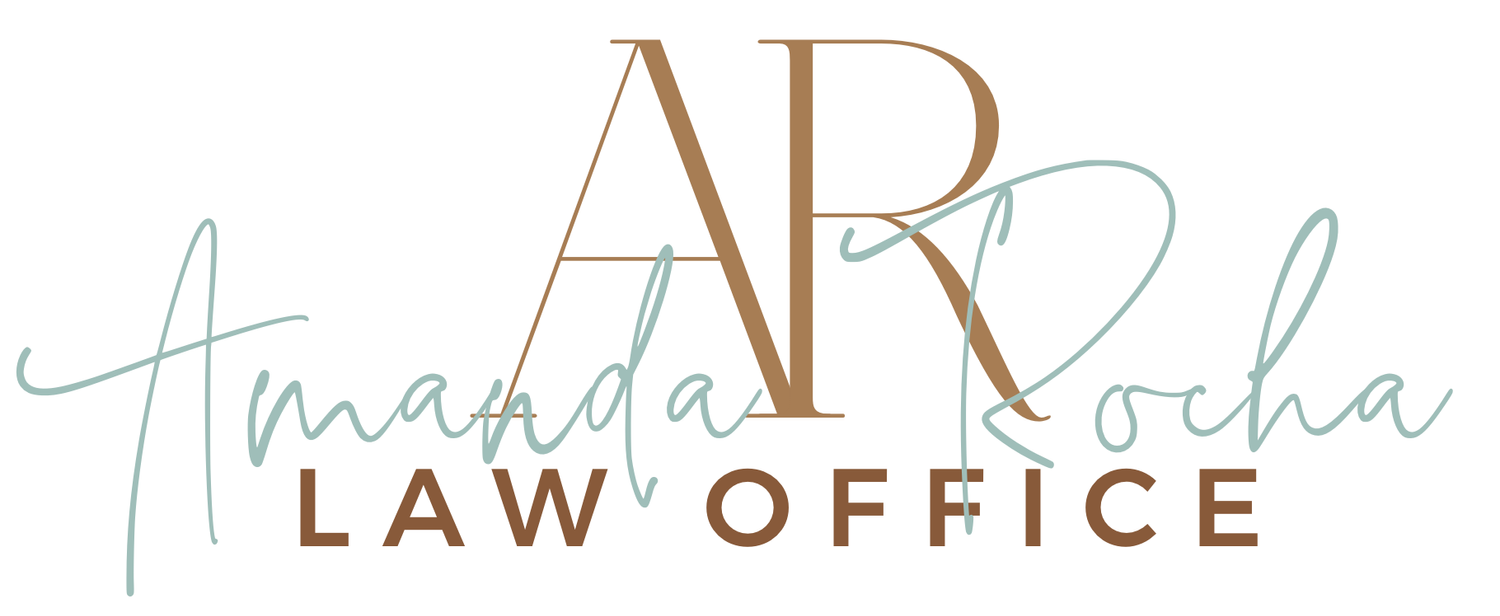What is a Trust?
A trust is a legal arrangement set up either by will (after death) or during lifetime via a deed of trust or declaration of trust, in which a settlor (creator of the trust) names a trustee to hold the trust property for the beneficiaries.
It sounds more simple than it actually is. There are many kinds of trusts and trusts can serve vastly different purposes. For example, a trust can document a settlor’s wishes for their money or for their physical property, for a charity, for a special needs child, for medical treatment, for a pet, for tuition, or for a business. You get the idea…the possibilities are nearly endless. That being said, there are different kinds of trusts used to reach these goals.
Revocable Trusts/Living Trusts
This is the most common kind of trust that comes to mind for most people. It is a trust that you can amend throughout your lifetime and is revocable. Many people know this as a living trust. You can create individual trusts or married/joint trusts.
Irrevocable Trusts
As you may have guessed this trust is not amendable. An irrevocable trust serves different purposes than a revocable trust. Someone may want to use this as asset protection. An irrevocable trust may be set up during the trust creator’s lifetime or be created after death per provisions in the will, which is known as a testamentary trust. There are several kinds of irrevocable trusts; here are the most common:
Special Needs Trusts: A specials needs trust is designed to care for your special needs dependents and to prevent the beneficiary from disqualification of Medicaid and other government benefits that may be the result of an otherwise well intentioned trust for this person.
Charitable Trusts: A charitable trust can not only be used to support a cause, but it can be done tax free and provide a source of income during someone’s lifetime while avoiding certain taxes.
Life Insurance Trusts: By moving the life insurance policy to a trust, the value of the estate is reduced, therefore creating more room for other items and reducing or all together preventing taxes on the estate. The goal is to have little to no value in your estate at death to avoid probate. Simply giving your property to loved ones during your life is not a solution because of taxes. Click here to read about gift taxes.
Spendthrift Trusts: A spendthrift trust is a protection created to either provide trust property to someone who needs additional guidance and a responsible person to help and/or to prevent their creditors from accessing it.
Bypass Trusts: This is a way to reduce estate taxes in couples when the second spouse passes away. The property owned by the first spouse is transferred to a trust with the second spouse as a beneficiary so that the second spouse does not own the property and will not be taxed on it.
QTIP Trusts: This is similar to the bypass trust, however it allows the assets to be given to the second spouse during their lifetime and then passed to other beneficiaries at their death. This kind of trust will prevent the second spouse’s new spouse from having a say in the first spouse’s separate income, or from a caregiver taking advantage, etc.
How Do You Know Which Trust You Need?
In many instances, a combination of the above-listed trusts is appropriate. To have a FREE 30 MINUTE CONSULTATION to determine your needs, contact me.
